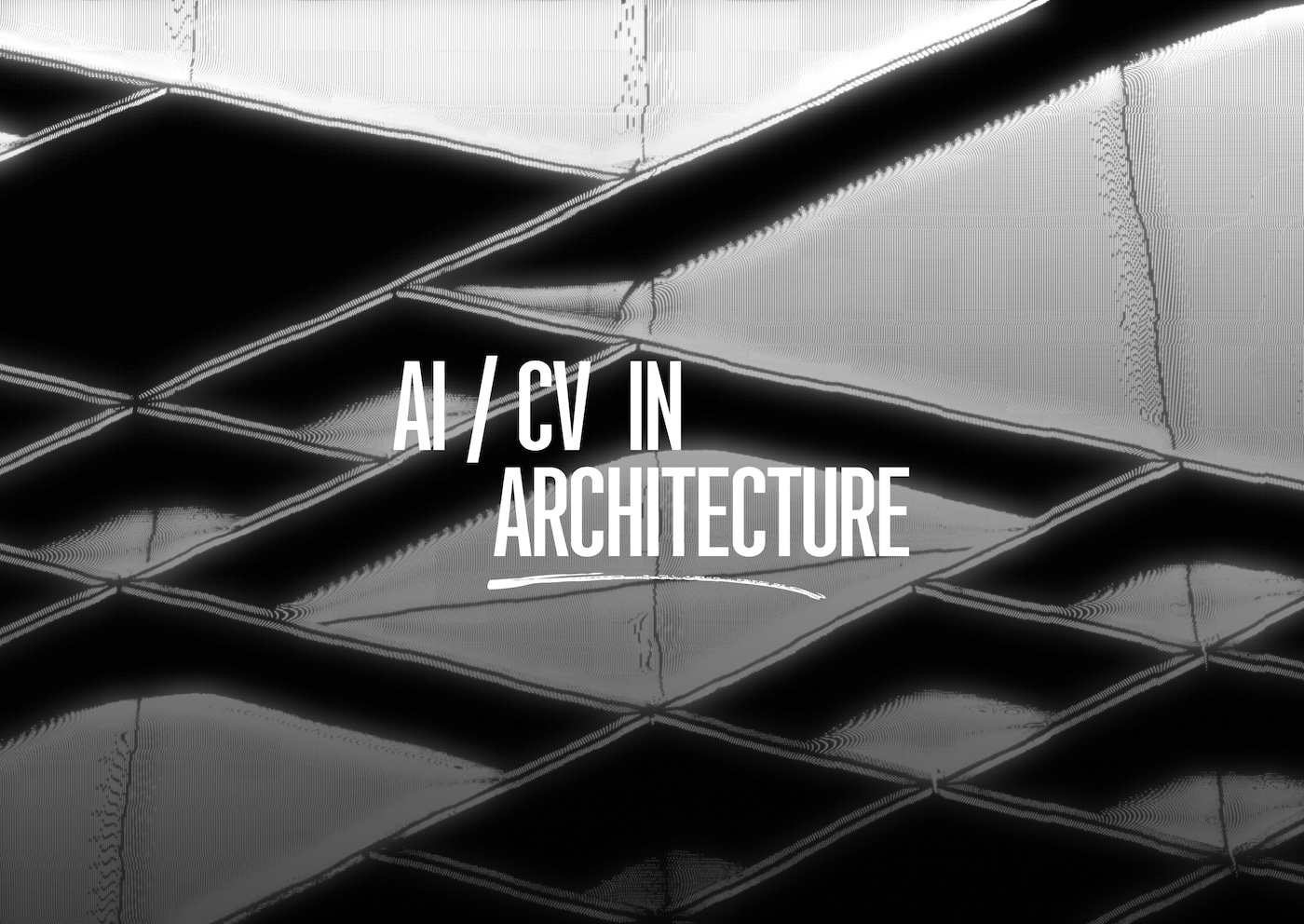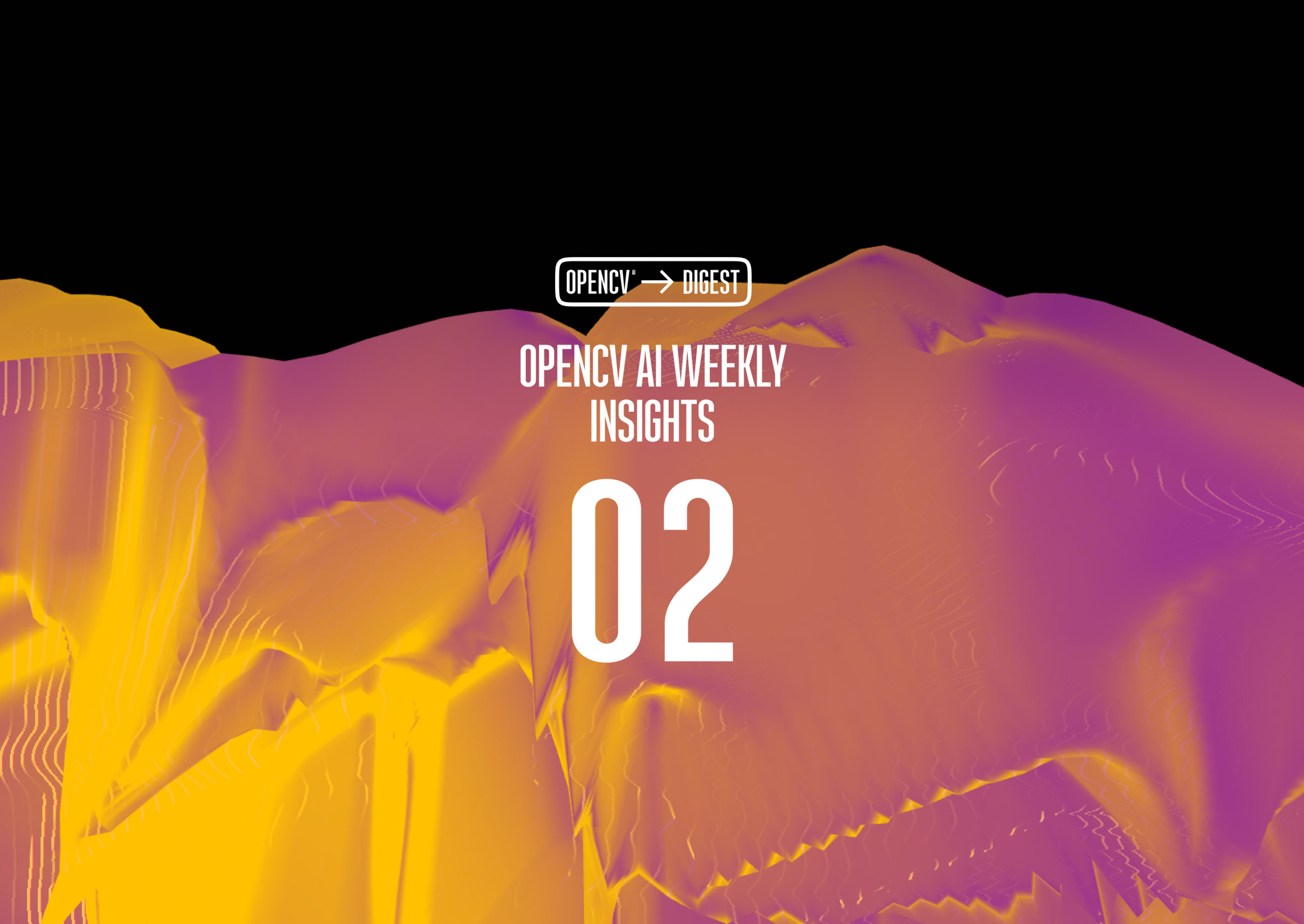

Our aim is to keep you up to date with the latest news and developments in the world of Artificial Intelligence. Whether you're an experienced AI enthusiast or just starting to explore the world of AI — our digest is designed to keep you informed and inspired 🔥
Are you prepared to embark on this week's journey through the AI landscape? Let's delve into the groundbreaking advancements that are revolutionizing the realm of AI!

NVIDIA has introduced an open-source tool, Neuralangelo, which can convert 2D videos into 3D scenes. The potential of these 3D objects extends beyond their creation. Once developed, they can be integrated into a wide range of design applications for additional refinement and utility, from entertainment and gaming to education and architecture.
Neuralangelo is based on NVIDIA's Instant NeRF rendering technology, which turns 2D images into 3D scenes. The tool uses neural graphics to create high-fidelity 3D models of complex images like roofs, glass panes, and marble. This lets creatives record a scene with their smartphone and have access to virtual objects.
To create 3D models, Neuralangelo selects multiple frames from a 2D video, then creates rough models. After optimizing the render to sharpen details, a final 3D object or large-scale scene is produced. Unlike other AI models, Neuralangelo handles repetitive textures and color variations with ease.
Earlier this summer, NVIDIA showcased its groundbreaking Neuralangelo tool, which has now been made available on GitHub for public use. You can learn more about this cutting-edge AI research and 3D reconstruction tool by visiting the NVIDIA blog or downloading it from GitHub.
Source: NVIDIA

San Francisco has asked the California Public Utilities Commission (CPUC) to temporarily stop the expansion of autonomous driving firms, Waymo and Cruise, which are pushing their robotaxi services in San Francisco. The city's concerns include safety, infrastructure readiness, and potential impacts on existing transport systems. This request to CPUC underlines the ongoing talks between local governments, regulators, and autonomous vehicle developers.
San Francisco's request for a pause on expansions doesn't mean it opposes autonomous technology. It highlights the need for cooperation between tech firms and regulators to address concerns and ensure a smooth move toward autonomous mobility solutions. It indicates the careful approach needed as cities move towards autonomous mobility.
Source: TechCrunch Article

Google is enhancing its Chrome browser with more artificial intelligence (AI) features. The blog post discusses Google's inclusion of the "Smart Google Experience" (SGE) in Chrome.
The “SGE while browsing” feature is designed to deliver summaries of articles while the user is actively browsing. It is an enhancement of the existing SGE capability that already provides summarized search results. The new feature enables users to tap an icon at the bottom of the screen to display a set of AI-generated “key points” from an article. This feature is intended to work exclusively with articles that are freely accessible online and will not operate with websites designated as paywalled by publishers.
In addition to the “SGE while browsing” feature, Google is also implementing several other improvements to SGE. It is augmenting SGE search results for queries related to subjects such as science, economics, and history. Users will be able to hover over specific words to access definitions or diagrams about a topic. Google is also streamlining how SGE's summaries of coding information are understood. Using AI, Google plans to design a more personalized and easy-to-use online space.
Source: Google

Shutterstock has recently announced its partnership with Luma Labs AI, RECON Labs, and Volinga AI to expand its research and development efforts into NeRF technology. They will explore NeRF technology, which uses machine learning and computer vision, to create high-resolution, photorealistic 3D scenes from 2D video in minutes.
Moreover, Shutterstock has also entered into an agreement with Volinga AI to explore licensing and distribution of NVOL files. NVOL is a new standard file format to store NeRFs in a fast and efficient way.
The partnership between Shutterstock and these companies will help revolutionize the way to create 3D content by utilizing the tools photographers and videos are already comfortable with their cameras. It is a significant step towards democratizing 3D and making Hollywood quality, photorealistic 3D accessible to everyone. Moreover, the partnership will further accelerate the arrival of this incredible 3D technology to every artist, every studio, and every phone.
Source: Shutterstock
ChatGPT, an AI language model by OpenAI, has possibly sparked a legal issue with The New York Times. The debate started when ChatGPT's responses seemed to mimic The New York Times's style, leading to copyright infringement concerns. OpenAI's models, like ChatGPT, learn from a broad range of internet text, including news articles.
When AI work starts to mirror the style of known media, intellectual property, and copyright laws become unclear. It is hard to distinguish between infringement and autonomous creation as AI becomes better at copying human language.
This situation highlights the changing dynamics of AI content and its impact on traditional media. As AI advances, copyright and intellectual property will face new challenges. With AI's role in content creation evolving, the legal system must also adapt to balance tech innovation and media rights protection.
Source: NPR Article
So, buckle up and get ready to dive into the AI universe. Stay tuned for more! Your weekly dose of AI knowledge is just a scroll away.
See you in the next edition!
